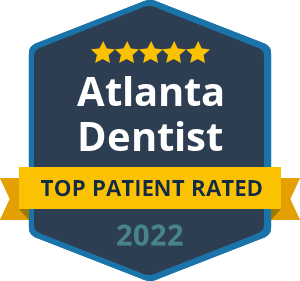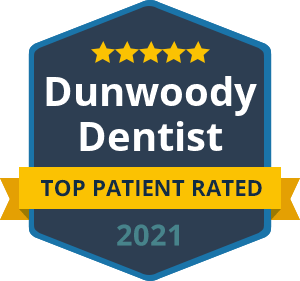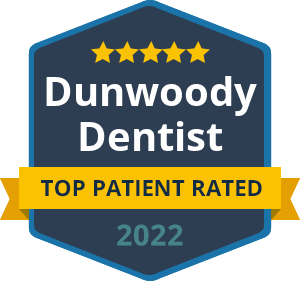Gum disease is an extremely prevalent problem affecting many adults in the United States. Gingivitis and Periodontitis are both forms of periodontal disease. So what is the difference?
The answer is that periodontal (gum) disease is progressive in nature and can range from mild inflammation of the gums to serious infection that can damage the soft tissue and bone supporting the teeth. Gingivitis refers to a mild form of gum disease that is characterized by an inflammation of the the gums. It is caused by a buildup of a harmful bacteria on the surface of teeth. With Gingivitis, the gums become red and swollen and may bleed easily. In most cases, Gingivitis can be treated easily by flossing and brushing your teeth daily and visiting your dentist for regularly scheduled professional dental cleanings. This mild form of gum disease does not result in the destruction of bone and soft tissue supporting the teeth, however, if it is not treated properly in a timely manner, it can lead to Periodontitis.
Periodontitis is a more serious form of gum disease that can lead to destruction of the bone and soft tissue supporting your teeth and ultimately, tooth loss. With Periodontitis, the gums start to pull away from the teeth leaving spaces below the gum line called “pockets” that become infected. As the plaque spreads and grows below the gum line, the body’s immune system fights this harmful bacteria. The body’s natural response to the infection will start to break down the bone and connective tissue that hold the teeth into place. If Periodontitis is not properly treated in a timely manner, the teeth may become loose and have to be removed. Treatments for Periodontitis may include deep cleaning (scaling and root planing), medications or even surgery.
The best way to avoid periodontal disease is to practice good daily oral hygiene, visit the dentist regularly and refrain from smoking or using other tobacco products. However, there are other factors including hormonal changes that can make you more susceptible to this disease. If you suspect that you may have gum disease in any form, it is important to schedule an appointment with your dentist as soon as possible. Getting treatment for periodontal disease today can help to safeguard your dental health in the future.
Posted on behalf of








